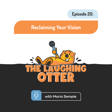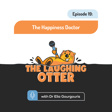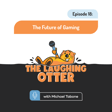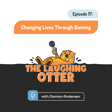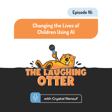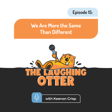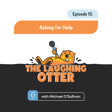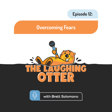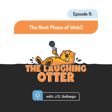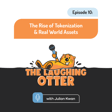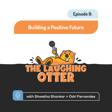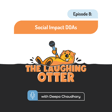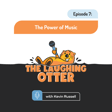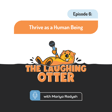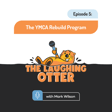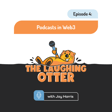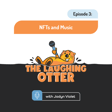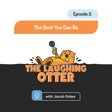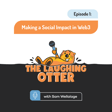
Protecting the Artist's IP in the Digital World with Lionel Lodge
“With over 40 years in the entertainment industry, I have been involved with a diverse spectrum of the industry. The key, in my view, is enthusiasm paired with detailed focus. Through this I have been very fortunate to a part of many team focused and creative experiences.
Forever positive, seeing obstacles as challenges to over-come. Thinking outside the box with the perspective that, if no one else has done it yet, that does not gauge its probability for success. Just makes the climb a little steeper.” - Lionel Lodge
Lionel has worked in the entertainment industry for all his adult life, as a creative as well as a business manager. He founded and managed a live music venue while in his early 20's (Lionel's, London, Ontario, Canada 1984-1986), founded and managed a live music booking agency with a team of 10 agents booking hundreds of artists all over the UK (UK Bookings, Stroud, Glos. UK 1992-1995), held the position of Senior Editor and Co-Publisher of a UK based entertainment magazine with a circulation of 40,000 per month and a team of over 50 people (Now Magazine UK, Stroud, Glos, UK 1995-1997) and until recently (until the realization that the award-winning SyncLodge was needed to be built) was the founder and managing director of a sync licensing agency (Vienna Calling Music Network, Vienna, Austria 2014 - 2017). On the creative side Lionel has written hundreds of songs and co-written many more. He has produced albums, engineered recordings, arranged music, and has 12 albums released under his name.
Lionel has always had the entrepreneur's heart and mind. As a child, he was on the quest for independent ways of making money, from shoveling snow to newspaper routes. By the age of 11, he started his first business, a wholesale and manufacturing business making decorative flower pot hangers and selling them to flower shops in the city of London Ontario.
Connect with Lionel directly on Linked-in
